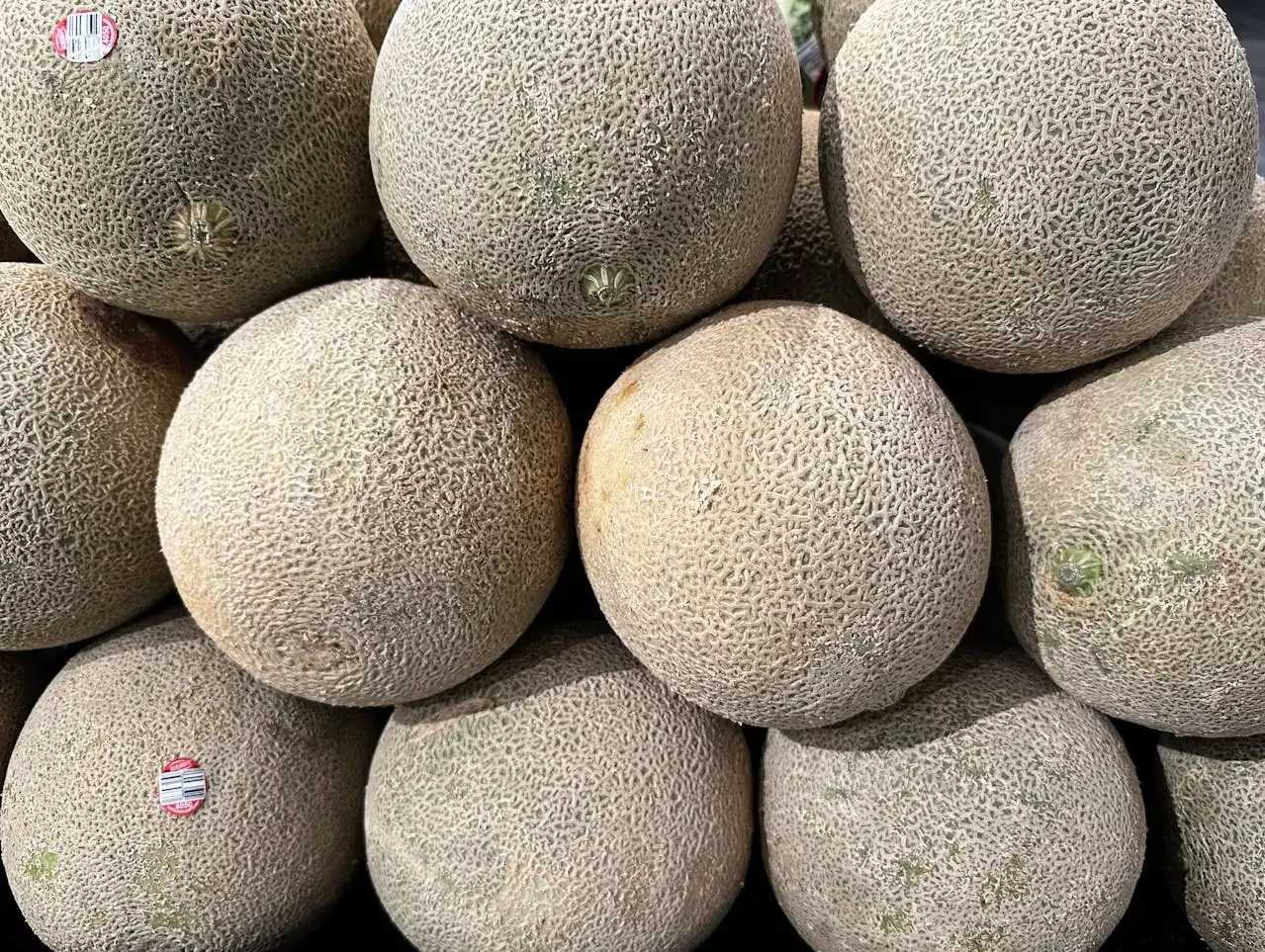
Passionate & Certified Nutritionist
When it comes to maintaining optimal health, the importance of a balanced diet cannot be overstated. Among the many essential nutrients our bodies require, vitamin B12 stands out as a crucial player in various bodily functions. This water-soluble vitamin is essential for maintaining healthy nerve cells, aiding in the production of DNA and RNA, and contributing to the overall well-being of our cardiovascular system.
Understanding the Vital Role of Vitamin B12
Vitamin B12, also known as cobalamin, is a powerhouse nutrient that plays a pivotal role in our overall health. It is primarily responsible for:
- Nerve Function: Vitamin B12 is essential for maintaining the protective sheath that covers nerve cells, aiding in the efficient transmission of nerve impulses. This is vital for maintaining a healthy nervous system.
- DNA and RNA Production: It is crucial in the synthesis of DNA and RNA, the genetic material in our cells. This makes it indispensable for growth, repair, and the production of new cells.
- Blood Health: Vitamin B12 plays a role in the production of red blood cells, contributing to a healthy cardiovascular system. Anemia, a condition characterized by a deficiency of red blood cells, can be averted with adequate B12 intake.
- Brain Function: Adequate vitamin B12 levels are linked to cognitive health and may reduce the risk of neurodegenerative diseases such as Alzheimer’s.
The Top Foods Rich in Vitamin B12
Now that we’ve highlighted the importance of vitamin B12, let’s explore the best natural sources of this essential nutrient:
1. Lean Meats:
- Beef: Lean cuts of beef, such as sirloin or tenderloin, are exceptional sources of vitamin B12. They provide a hefty dose of this vitamin, making them an excellent choice for meat enthusiasts.
2. Poultry:
- Chicken: Skinless, boneless chicken breast is a lean source of vitamin B12. It’s a versatile option for various dishes.
3. Seafood:
- Salmon: This fatty fish not only offers a rich source of omega-3 fatty acids but also contains a substantial amount of vitamin B12.
- Tuna: Tuna is another seafood delight that is packed with vitamin B12.
4. Dairy Products:
- Milk: Fortified cow’s milk is an excellent source of vitamin B12. It’s a staple in many households and can be easily incorporated into your daily routine.
- Yogurt: Low-fat yogurt is not only delicious but also a good source of this essential nutrient.
5. Eggs:
- Chicken Eggs: Eggs, specifically the yolk, are a reliable source of vitamin B12.
6. Fortified Foods:
- Some breakfast cereals, plant-based milk alternatives, and nutritional yeast are fortified with vitamin B12, making them suitable choices for vegetarians and vegans.
7. Supplements:
- In cases where dietary sources fall short, supplements can provide a convenient way to ensure you meet your daily vitamin B12 requirements. Before beginning any supplementation, it’s always advisable to seek guidance from a healthcare professional.
How Much Vitamin B12 Do You Need?
The recommended daily intake of vitamin B12 can vary based on factors such as age, sex, and overall health. However, a general guideline is:
- Adults: 2.4 micrograms per day
It’s important to note that the body efficiently absorbs vitamin B12 from animal sources, making it more readily available for use.
The Consequences of Vitamin B12 Deficiency
A shortage of vitamin B12 can result in a variety of health concerns, such as:
- Fatigue: A lack of B12 can result in anemia, leading to fatigue and weakness.
- Neurological Problems: Nerve damage and cognitive impairment can occur.
- Digestive Complications: Gastrointestinal symptoms like diarrhea or constipation may manifest.
- Mood Disorders: Depression and mood swings may be linked to B12 deficiency.
Final Thoughts
Vitamin B12 is a vital nutrient for our well-being, and incorporating B12-rich foods into your diet is essential. Whether you’re a meat lover, a vegetarian, or a vegan, there are options available to meet your B12 needs. By paying attention to your diet and understanding the significance of vitamin B12, you can help ensure your overall health and vitality.







